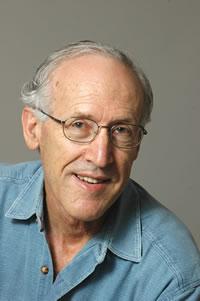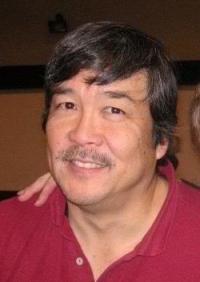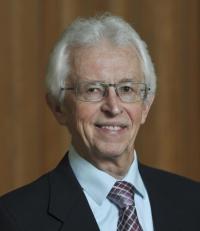Archive for April 2015
New Design Approaches for Improving Sustainability of Nuclear Energy
SPEAKER: PROFESSOR EHUD GREENSPAN DEPARTMENT OF NUCLEAR ENGINEERING UNIVERSITY OF CALIFORNIA, BERKELEY DATE/TIME: MON, 04/27/2015 – 4:00PM TO 5:00PM LOCATION: 3105 ETCHEVERRY HALL Spring 2015 Colloquium Series Abstract: Research activities ongoing in the Advanced Reactor Design and Fuel Cycle Analysis Group of UC Berkley will be reviewed. The group research thrust is to improve the sustainability of nuclear…
Read MoreSecurity Dilemma in South Asia: Building Arsenals and Living with Distrust
SPEAKER: BRIGADIER GENERAL FEROZ HASSAN KHAN (R) NAVAL POSTGRADUATE SCHOOL DATE/TIME: MON, 04/20/2015 – 4:00PM TO 5:00PM LOCATION: 3105 ETCHEVERRY HALL Spring 2015 Colloquium Series Abstract: *Please note that this talk will not be recorded* India and Pakistan are engaged in a subtle strategic competition and a gradual arms race where technological innovations, military modernizations, and growing nuclear…
Read MoreTime Correlated Particle Detection for the Assessment of Special Nuclear Material
SPEAKER: LESLIE F. NAKAE, PH.D. STAFF PHYSICIST, NUCLEAR AND CHEMICAL SCIENCES DIVISION LAWRENCE LIVERMORE NATIONAL LABORATORY DATE/TIME: MON, 04/13/2015 – 4:00PM TO 5:00PM LOCATION: 3105 ETCHEVERRY HALL Spring 2015 Colloquium Series Abstract: The low natural background rates and the penetrating nature of neutron radiation makes neutron detection a good method for quantifying and accounting for large amounts of…
Read MoreDoomed to cooperate: How American & Russian nuclear scientists joined forces to mitigate some of the greatest post-Cold War dangers
SPEAKER: DR. SIEGFRIED S. HECKER CENTER FOR INTERNATIONAL SECURITY AND COOPERATION, STANFORD UNIVERSITY DATE/TIME: MON, 04/06/2015 – 4:00PM TO 5:00PM LOCATION: 3105 ETCHEVERRY HALL Spring 2015 Colloquium Series Abstract: Nuclear risks changed dramatically when the Soviet Union collapsed at the end of 1991. Suddenly the world was threatened more by Russia’s weakness than its strength. Never before had…
Read More


